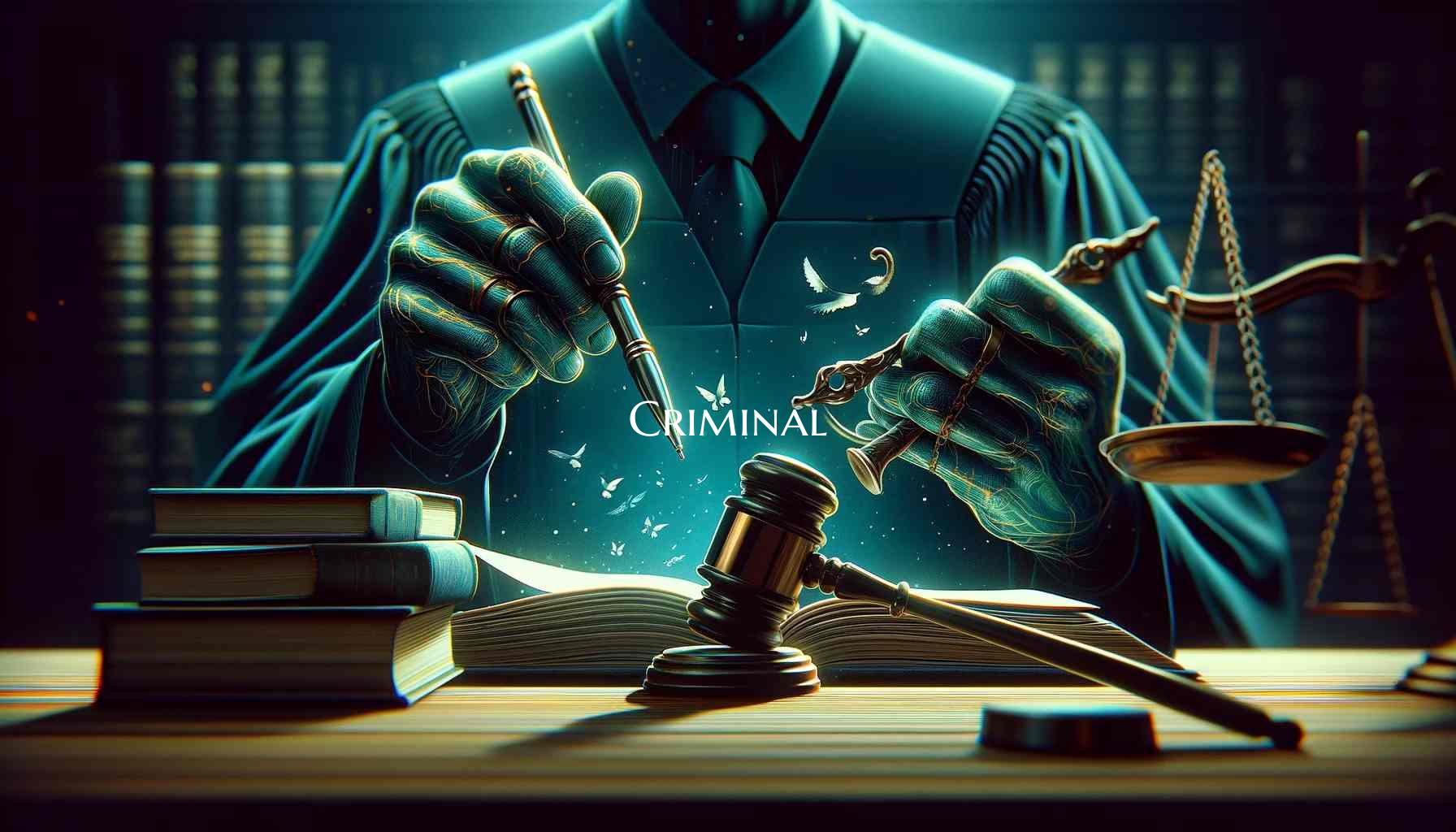
Criminal
"Criminal behavior encompasses a wide range of activities that violate the law and harm society. From petty theft to violent crimes, individuals engage in criminal activities for various reasons, including financial gain, thrill-seeking, or underlying psychological issues. The criminal justice system plays a crucial role in detecting, deterring, and punishing criminals to maintain public safety and order.
People may become involved in criminal behavior due to social, economic, or environmental factors such as poverty, lack of education, substance abuse, or peer pressure. Understanding the root causes of criminality can help policymakers develop interventions that address these underlying issues and reduce the prevalence of crime in communities.
Law enforcement agencies work tirelessly to investigate crimes, apprehend suspects, and gather evidence for prosecution. Courts then determine the guilt or innocence of the accused, taking into account the evidence presented and ensuring a fair trial. Sentencing practices vary, with penalties ranging from fines and probation to incarceration for serious offenses.
While criminals often face consequences for their actions, rehabilitation programs offer a chance for offenders to learn from their mistakes, address underlying issues, and reintegrate into society as law-abiding citizens. These programs aim to reduce recidivism rates and promote positive behavior change among individuals with a history of criminal activity.
In conclusion, criminal behavior is a complex phenomena that requires a multi-faceted approach involving law enforcement, the judiciary, and community-based interventions. By addressing the underlying factors contributing to criminality and providing support for rehabilitation, society can work towards reducing crime and fostering safer, more inclusive communities for all."
